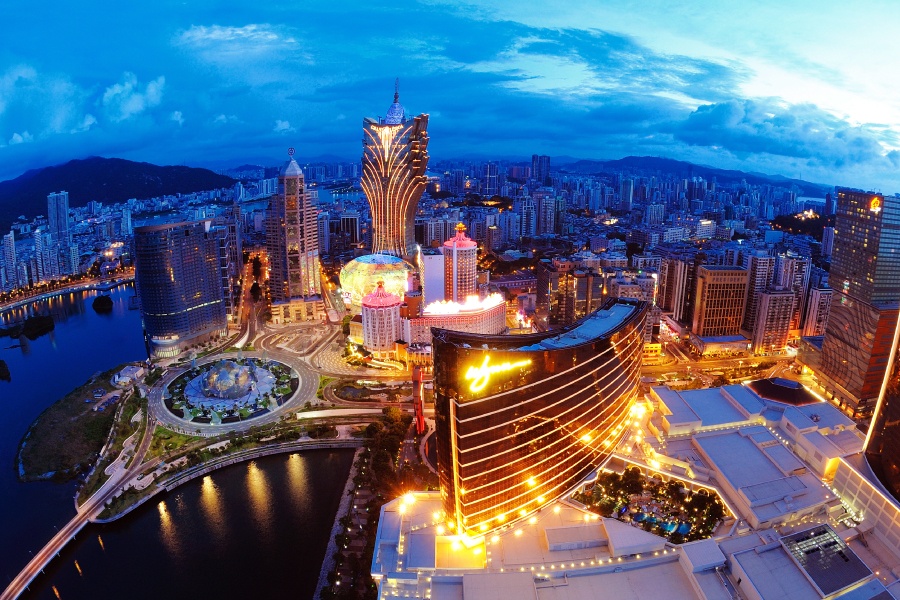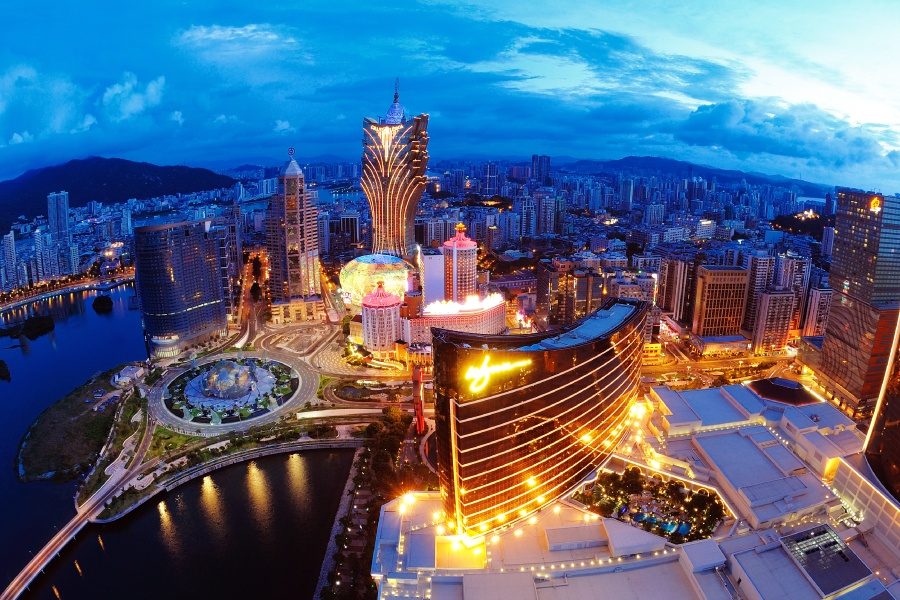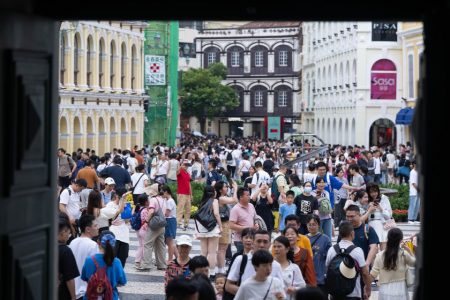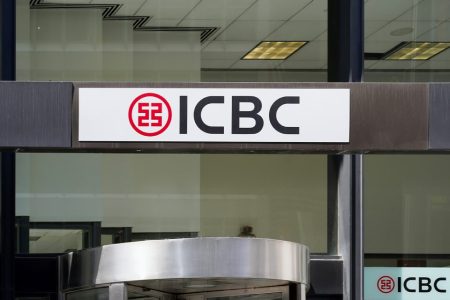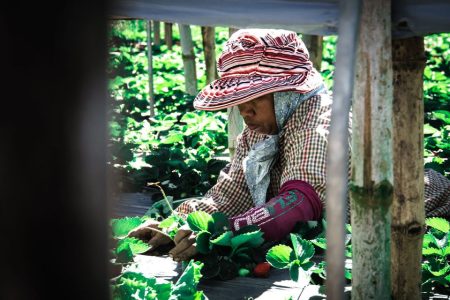Secretary for Economy and Finance Lionel Leong Vai Tac said that the government has not yet decided whether it will keep the current system of gaming sub-concessions.
The policy secretary overseeing the gaming industry pledged that the government will “seriously” study the views expressed by civil society concerning the upcoming gaming concession bidding process.
Leong made the remarks while speaking to reporters after attending a committee meeting in the legislative chamber.
Macau’s three gaming concessions and three sub-concessions will expire between 2020 and 2022.
The city’s six gaming operators are SJM, Wynn, Galaxy, Venetian, MGM and Melco.
According to Law 16/2001 regulating the city’s gaming industry, which came into force in 2001, a maximum of three gaming concessions were to be granted.
According to the bureau’s website, the government announced the results of the gaming concession bidding process and granted concessions to SJM, Wynn and Galaxy in early 2002.
In late 2002, the government allowed Galaxy to set up a sub-concession relationship with Venetian – by making amendments to Galaxy’s concession contract, according to the bureau’s website.
Following the issuance of the first sub-concession, SJM and Wynn signed their own sub-concession deals in 2005 and 2006 respectively, SJM with MGM and Wynn with Melco, according to the bureau’s website.
When asked by reporters whether the government will keep the gaming sub-concession system, Leong said that the government had not yet made a decision on the matter
Leong said the government would take various factors into account for the upcoming gaming concession bidding process, adding that the government was listening to opinions from various segments of civil society.
When asked by the media whether the government would need to propose amendments to the law regulating the gaming sector if the sub-concession system was to be continued, Leong said that if the proposal made by the government concerning the upcoming bidding process is not in line with the articles of the law, it would need to propose specific amendments to the law.
Any proposed changes to the gaming industry law would have to be submitted by the government to the Legislative Assembly (AL) for debate and vote.
Leong also pointed out that the current landscape of Macau’s gaming industry is different from the situation when the government granted the rival gaming concessions in the early 2000s.
Leong said that Macau’s gaming industry at that time did not have major competitors in neighbouring regions and countries, while the city’s gaming sector is now facing more competition from other nearby gaming destinations.
Leong said that with the “new landscape” of Macau’s gaming industry, the government would not exclude the possibility of certain changes to the system regulating the local gaming industry, raised by different segments of civil society
Leong pledged that the government will “cautiously” carry out its study about the matter, as the gaming sector plays a key role in the local economy and the government’s tax revenues.
According to Law 16/2001, a gaming concession cannot exceed 20 years.
However, the same law also states that the chief executive can extend gaming concessions for a maximum of five years under special circumstances.
